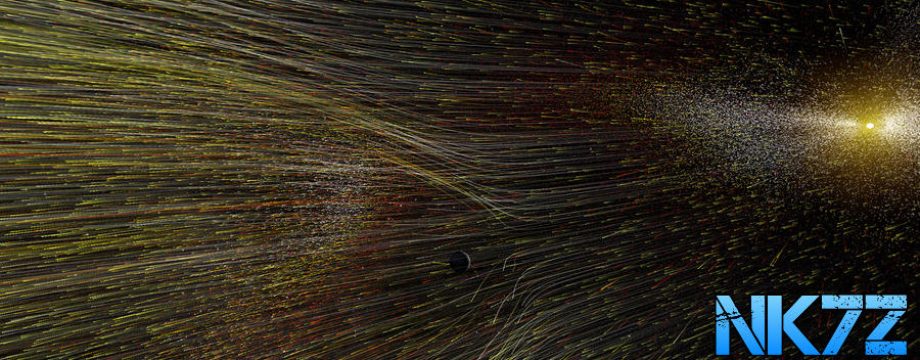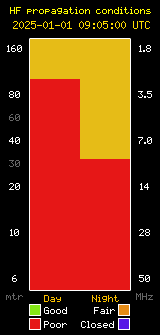![]()
Overview: This review of Ameritron’s AWM-30 Wattmeter is short, as this device is designed to do one thing, measure output power and SWR; and it does it well. I use the AWM-30 in my shack between the AL-82, (Ameritron amplifier), and the AT-1000 tuner made by LDG. That way I see what the Amplifier sees with regards to SWR, if I kill the tuner, I see what the real SWR is on the antenna as well. I do not bother to power up the AWM-30 Meter often, as my Ham Shack is in a lighted environment and I don’t need the back lights. The meter is constructed of heavy gauge metal, painted Ameritron Black, to match the rest of the product line. It has a removable SWR sensor, so you do not have to run your RG-8 coax to the meter, you can just add it where it is most convenient. This allows the control head of the unit to be placed in the shack and not a pair of heavy coax cables around the back wiring of your shack. It has three push buttons on the front, from left to right they perform the following functions; Power Select, Metering ballistics, and back light power:
Power Select:
Push the button in, and the readings are from 0 to 3 KW, this is the high power function. Allow the push button to the out position, and you are reading from 0 to 300 Watts.
Metering Ballistics:
This button has two positions, in and out, in the in position you are reading the peak power level you are feeding the meter. Remember when using SSB, your power is changing across time, and if the meter needle has mass, (all actual meters do, digital meters don’t), then that reading is not correct, it will always be a touch low, or a touch high; as the needle comes up to speed, it moves up the dial and then stabilizes or overshoots the actual power. If you are using SSB, the power is fluctuating so fast, that the meter never really gets a chance to settle on the correct power level. Most manufactures adjust how the meter reads by playing with the attack and decay times of the meter, this gets you very close to the correct reading for peak power, but probably in reality never spot on. On the other hand, if you are running RTTY, PSK, or many of the other digital modes that are 100% duty cycle, your power goes up and sits for minutes at a time, the meter then goes up, and hangs at the correct power reading. All of this assumes you have a 1:1 SWR, if you don’t then your readings will be off. The peak reading portion of the meter lets you read SSB power levels, while the Average reading selection makes the meter hang on the peaks, this gives you an indication of what your power level is on average, as defined by the hang time. The longer the hang time, (within reason), the closer to the average power the meter will read on SSB, or CW. On the other hand, as you tune up, the meter hangs there because the power never leaves, so you get the DC power reading, in either mode. Lots of people don’t like the hang time on the meter, it is simple to change… Here is an interesting article on meter ballistics.
Power:
It turns the meter back light on and off. There is an auto battery saving feature, that kills power when no RF is present. This will save your 9V battery.
Pros:
- Small
- Remote sensor
- Large meter, easy to read
- Rubber feet
- Peak and average readings
- Does SWR via crossed meters
Cons:
- A little boxy looking
Conclusion: I have used this meter for several years now, and it has continued to run fine. I see no aging on the components, and it appears to be close to correct for power out. The meter has let me know when I had an antenna problem, and it lets me know things are OK… I would have a SWR meter in any shack I used for that reason alone. All in all this is a nice meter. At $149 it seems a bit expensive for an SWR meter, but alas, the cost of everything is going up…
Sponsors





Thank you for your review with helpful info. Well done!